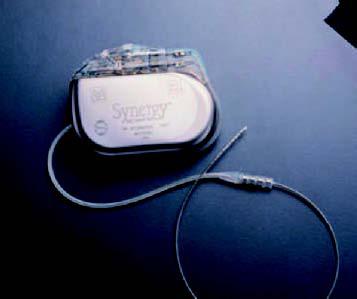

Spinal Cord injury pathophysiology & presentation Complete/incomplete injury Functional recovery may improve after spinal shock resolves. It usually occurs in spinal cord injury to cervical & upper thoracic spinal cord.
Muscle synergy spinal cord injury skin#
Management in the acute phase is aimed at preventing further spinal cord injury, maintaining physiological stability, and commencing routine care of the skin and establishing good bladder and bowel care. In children and adolescents SCI is most commonly a result of road traffic accidents, falls or diving into water.Ĭhildren with SCI experience multiple health care problems including autonomic instability, complications of immobility and bowel or bladder dysfunction. SCI is often associated with a traumatic brain injury.

Impairment of these functions result in significant social and psychological consequences for the child and their family. Spinal cord injury (SCI) in children is a rare injury that can result in permanent loss of motor and sensory function, and dysfunction of the bowel and bladder.


 0 kommentar(er)
0 kommentar(er)
